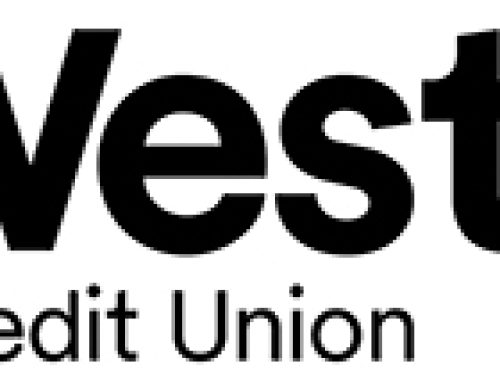 Every year American taxpayers confront what is arguably one of the more complex tax codes in the world. Small business owners navigate additional layers of nuanced tax rules. Because of that, mistakes are prevalent with business tax returns, and some can be very costly. Business owners must take extra measures to avoid these common tax filing mistakes.
Every year American taxpayers confront what is arguably one of the more complex tax codes in the world. Small business owners navigate additional layers of nuanced tax rules. Because of that, mistakes are prevalent with business tax returns, and some can be very costly. Business owners must take extra measures to avoid these common tax filing mistakes.
Inaccuracies
The most common tax filing mistake is to file an inaccurate return. The IRS can charge your business a 20 percent penalty if you are found to be negligent in reporting income or understating the amount you owe in taxes. The most common application of this penalty is when a business can’t validate a deduction and fails to report all of its income. These mistakes often occur due to poor recordkeeping, so it’s best to be highly attentive to tracking tax-related events and transactions year-round.
Underpaying Estimated Taxes
Per the IRS, small businesses remit income taxes throughout the year with estimated payments. If the IRS finds that you underestimated your taxes after filing your annual tax returns, you may be charged an estimated tax penalty. Although small businesses aren’t required to estimate the amount precisely, you must come close to paying everything you owe.
If your business earns less than $150,000, you must pay at least 90 percent of your final tax bill in estimated payments or 100 percent of your taxes owed from the previous year. If you earn more than $150,000, you must pay a minimum of 110 percent of your previous year’s taxes in estimated payments.
If you underpay in any quarter, the IRS will attach a penalty to the underpaid amount, so there is no opportunity to play catch-up in a subsequent quarter. Your best bet is to overestimate your tax bill for the year to avoid the possibility of a penalty.
Mixing Personal And Business Expenses
Another common mistake is mixing personal expenses with business expenses. In many cases, the mistake is unintentional; however, presenting the IRS with a credit card record of business expenses, including personal expenses, could negate them as business deductions. This goes back to attentive recordkeeping, but it can be solved largely by simply keeping your personal and business life separate. That includes separate checking accounts, separate credit cards, and separate reporting.
Claiming 100 Percent Of Your
Vehicle For Business Use
Business owners who want to maximize their vehicle expense deductions often make the mistake of trying to claim 100 percent business use. This can only be justified if you have a separate vehicle for personal use. If you try to claim more than 50 percent use, you will need precise records that include mileage logs, travel dates and times, and the purpose of each trip.
Claiming Business Losses
In Consecutive Years
Businesses that report losses year after year can be a red flag for the IRS, and the first place they look is your business deductions. The IRS is on the lookout for people who try to claim their hobby expenses as business losses, which is illegal under the tax code. If you experience a few bad years, you may need to prove your business is legitimate and justify your deductions.
Filing A Schedule C
Most small business owners file their taxes as sole proprietors, which requires filing a Schedule C with their individual tax return. Schedule C is where you take business deductions that can lower your taxable income. It is the easiest way to report your business income and expenses, but according to many tax experts, it can also increase the chances of an audit. However, you may want to consider a different business structure that separates your personal and business taxes. A sub-chapter S corporation is a popular business structure for small business owners because all business income and expenses are run directly through the business, and the business owner only pays through personal taxes on the profits reported.
Not Working With A Tax Professional
Most common filing mistakes business owners make can be significantly reduced or eliminated simply by working with an IRS-certified tax professional. Look for someone experienced in working with small businesses who guarantee their work. The biggest reason for working with a tax professional is to keep up with the changing rules that affect business owners every year. That alone can be worth the cost.






Leave A Comment